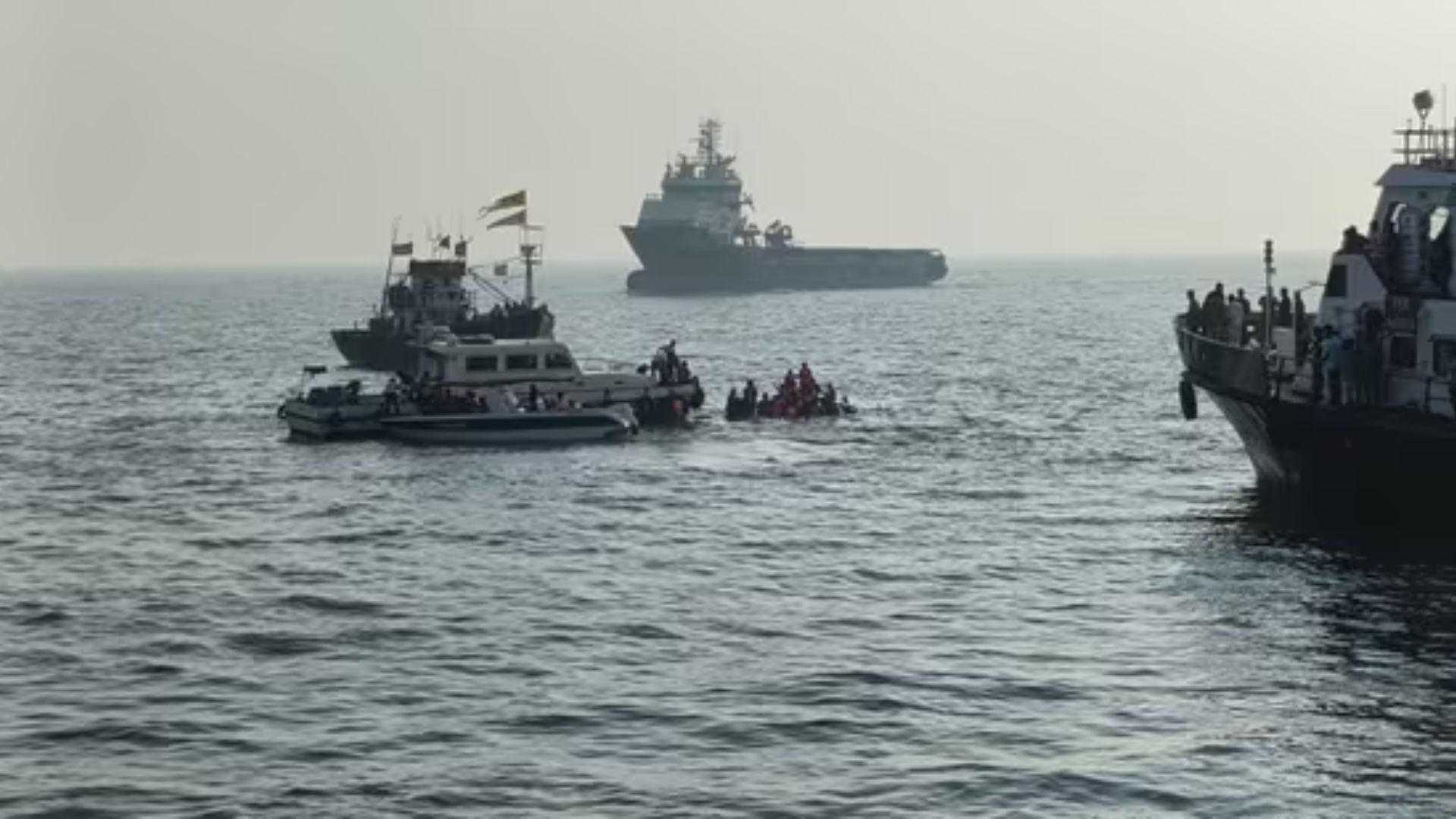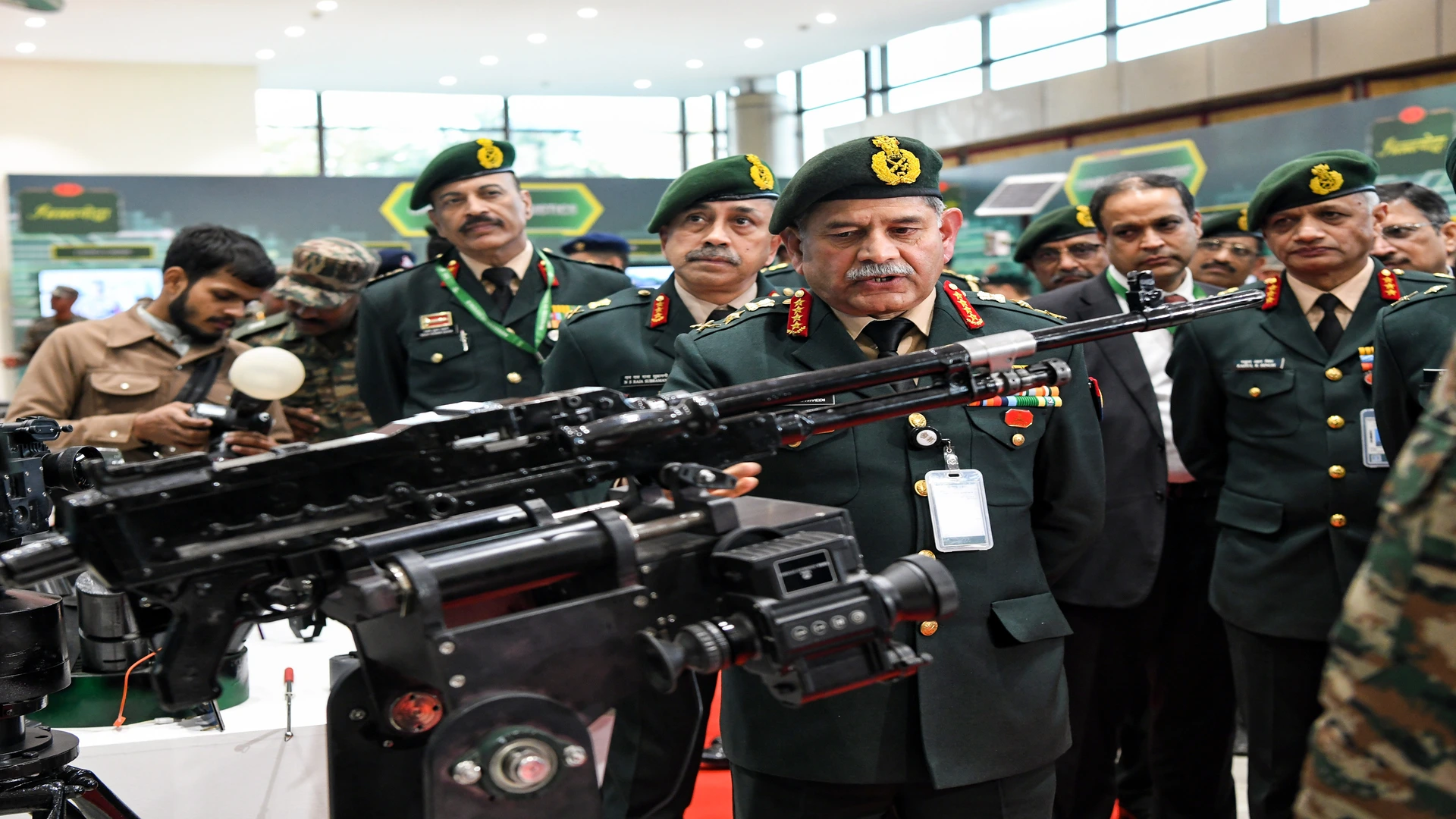The Kolkata High Court on observed that Ram Navami violence in West Bengal was “prima facie pre-planned”, and made scathing observations on the role of the State administration and police during and after violence in various parts of the State. On the other hand, it reserved its order on the Public Interest Litigation (PIL) plea filed by Suvendu Adhikari, BJP MLA and Leader of the Oppostion, seeking an NIA/CBI probe into the incidents of violence.
The bench of Acting Chief Justice T. S. Sivagnanam and Justice Hiranmay Bhattacharyya reserved its order after hearing the arguments of the Advocate-General and the counsels for the other petitioners that have moved similar pleas before the HC.
Before the Court, Advocate-General Soumendra Nath Mookherjee today opposed the prayer for an investigation into the violence by the National Investigation Agency as he submitted that the State police are already investigating the matter and an NIA probe can be ordered only if there is sufficient material and satisfaction of the Union Government that it is a fit case for ordering NIA probe.
To this, Acting Chief Justice Sivagnanam remarked that the matter appeared to be a serious one as the reports prima facie suggest that the violence was pre-planned and therefore, a central probe agency would be better placed to probe the matter.
On the other hand, the ASG appearing for the Union also submitted that if blasts have taken place and explosives used, then the NIA act is automatically attracted and it becomes Union’s prerogative to order for an NIA probe suo moto.
Against this backdrop, taking into account the reports filed by the official authorities, averments in the writ pleas, and report of the State Government, the Court orally observed that the police had to disburse the crowd using pellet guns, tear gas shells which show that the matter was serious and that it may be a case of large scale violence.
“Reports prima facie show they (violent incidents) were all pre-planned. There is an allegation that stones were pelted from the rooftops, obviously, stones could not have been taken in 10-15 minutes to the rooftop…There was an intelligence failure. The problem is two-fold. One is whether it is between two groups. The other is, a third group could be taking advantage of the situation. If that group is involved, then this needs to be probed by a Central agency because it is difficult for the State police to find out. Who has come in to take advantage?…Somebody would have set the fire, set the ball rolling, so, to identify that outside source unless a Central agency comes, you cannot probe,” the bench orally observed.
The Bench further noted that swords, bottles, broken glasses, and acid were used in the violence, and the internet was restricted which shows how it was large-scale violence.
Importantly, the Court took into account the previous incidents of violence that happened in the State and the subsequent orders of the Court and observed thus:”…within 4-5 months, the State has got 8 orders of the High Court and all these matters concern to violence during religious events. Does it not reflect something else? In my 14 years of being a Judge, I have not seen so many orders…Is it incapacity of Police, or failure of intelligence, sensitization of the officers at the lower level, what is it?”
Further, when the Court asked the AG as to why State reports do not mention that bombs were hurled when the same was widely covered in the media, the AG denied the allegations that any bombs were hurled. He said the allegations contained in the writ petitions regarding the bombing, and houses being set on fire were baseless.
The Court also heard the submissions of other counsel who submitted the Chief Minister of the State made statements dividing State areas on the basis of religion. Another counsel submitted that the State police conspicuously did not invoke the Explosive Substance Act just to avoid falling into the scheduled offences.
Having heard the counsels for all the parties, the Court reserved its orders.















